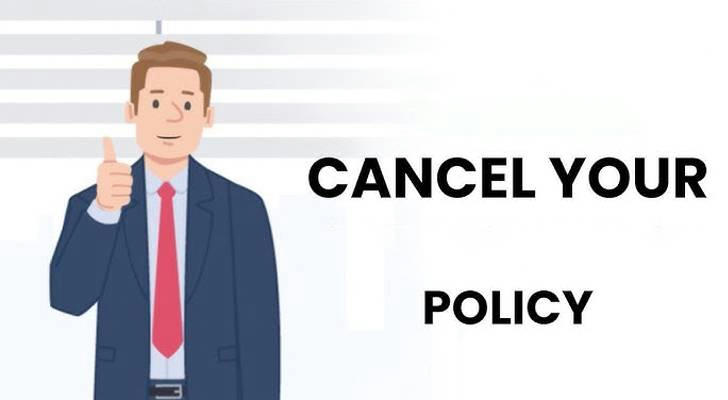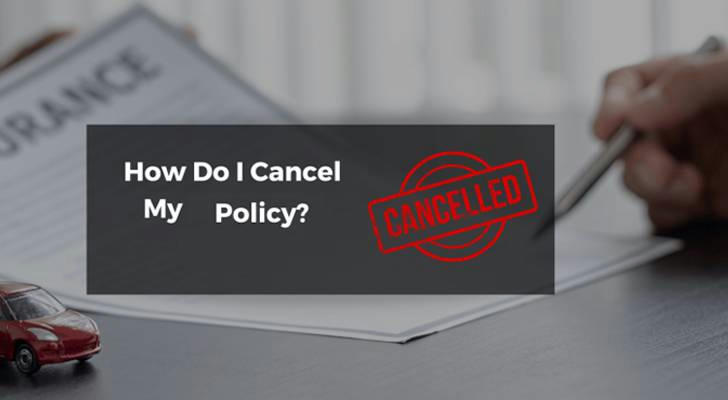What Happens If You Cancel a Policy Early?
Insurance is one of those financial tools people often buy and hope never to use. Whether it’s health insurance, life insurance, auto, travel, or property insurance, these policies serve as a financial safety net when life throws the unexpected our way. But what if you cancel your insurance policy early—either by choice or circumstance? What are the consequences, and how does it affect your broader financial safety?
This article explores what happens when you cancel various types of insurance policies prematurely, and why understanding the broader purpose of insurance is essential for effective risk management.
🛡️ The Role of Insurance in Risk Management
Before diving into the effects of early cancellation, it's crucial to understand why insurance matters in the first place.
Insurance exists to:
Transfer financial risk from you to the insurer.
Protect your assets, income, and loved ones.
Ensure financial stability in case of emergencies (accidents, illness, natural disasters, death).
Whether you’re protecting your health, car, home, business, or future income, insurance is a cornerstone of sound risk management—it helps you prepare for uncertainties without draining your savings.

❓Why Do People Cancel Policies Early?
There are many reasons why individuals may choose to cancel insurance policies ahead of time:
Cost Concerns: Monthly premiums feel too high or unaffordable.
Change in Life Circumstances: Divorce, relocation, new job, or paid-off assets.
Policy Overlap: Duplicate coverage through work or other sources.
Lack of Understanding: Belief that a policy isn’t useful or was purchased unnecessarily.
Switching Providers: To find better benefits or lower rates elsewhere.
While some of these reasons are understandable, early cancellation often comes with consequences that many people don’t fully consider.
🚗 What Happens When You Cancel Auto Insurance Early?
Auto insurance is often legally required, especially for liability coverage. Cancelling it can result in:
🔴 Immediate Risks:
Driving without insurance is illegal in most places and can lead to fines, license suspension, or even jail time.
A coverage gap may result in higher premiums when you buy insurance again.
💸 Possible Financial Penalties:
Some insurers charge a cancellation fee (usually $25–$50).
You may lose any paid-in-advance premiums if not refunded.

✅ Best Practice:
If you plan to switch insurers, make sure your new policy starts before the old one ends to avoid gaps in coverage.
🏥 What About Health Insurance?
Cancelling health insurance early is risky unless you have alternative coverage lined up.
🔴 Consequences:
Without health insurance, even a minor illness or injury can lead to huge out-of-pocket costs.
If you cancel a marketplace plan outside the open enrollment period, you may not be able to re-enroll immediately, leaving you uninsured.
✅ Best Practice:
Only cancel after confirming enrollment in a new plan (through work, spouse, or government).
Understand if you qualify for a Special Enrollment Period (SEP).
🏠 Cancelling Home or Renters Insurance Early
Your home is likely one of your most valuable assets. Homeowners and renters insurance offer essential protection against fire, theft, water damage, and liability claims.
🔴 Risks of Cancellation:
Mortgage lenders require home insurance; cancelling it can lead to forced-placed insurance, which is more expensive and less comprehensive.
If disaster strikes during an uninsured period, you pay everything out-of-pocket.
💸 Possible Loss:
Any unused portion of your premium may or may not be refunded.
If your insurer gave you a multi-policy discount, cancelling one policy may increase the cost of others.
💼 Life Insurance: Early Cancellation and Its Impact
Life insurance is a long-term tool for income replacement, estate planning, or covering final expenses. Cancelling early has different consequences depending on the type of policy.
🕒 Term Life:
Cancelling early is usually penalty-free, but you lose all protection immediately.
You receive no refund for premiums already paid.
💰 Whole Life or Universal Life:
Cancelling may allow you to cash out the policy's surrender value, but:
There may be surrender fees.
You may face taxable income on gains.
You lose lifelong coverage and cannot requalify if your health has changed.
✅ Best Practice:
Don’t cancel life insurance without consulting a financial advisor, especially if you’re older or have health issues.
Consider converting or reducing coverage before canceling entirely.
✈️ Cancelling Travel Insurance
Travel plans can change, but what about your travel insurance?
🔄 Free Look Period:
- Most travel insurance offers a 10–15 day “free look” period where you can cancel for a full refund.
🛑 After That Period:
Cancellations typically are non-refundable, especially for single-trip policies.
Multi-trip or annual policies may offer partial refunds depending on usage.
🧠 The Bigger Picture: Insurance as Protection, Not Expense
People often see insurance as an expense they can cut when budgeting. But it’s more accurate to view it as a shield against future financial disaster. Cancelling a policy may save you money in the short term but expose you to massive losses later.
🧮 Real-World Example:
Imagine cancelling your renters insurance to save $15/month. Months later, a fire damages your apartment, and you're responsible for $20,000 worth of property loss and temporary housing. That’s a steep price for skipping protection.

📝 Tips Before Cancelling Any Insurance Policy
Read the Fine Print – Understand fees, refunds, and grace periods.
Replace Before You Remove – Line up new coverage before canceling the old.
Consult a Professional – Especially for life and health policies.
Review Your Risk Profile – Are you prepared for a worst-case scenario?
Explore Modifications – You may be able to lower premiums without canceling.
✅ Conclusion: Cancel Carefully, Plan Strategically
Insurance isn’t just about premiums and paperwork—it’s a central pillar of financial resilience. While there are legitimate reasons to cancel a policy early, doing so without fully understanding the consequences can jeopardize your financial future.
Use insurance wisely, plan for the unexpected, and always aim to balance affordability with adequate protection. After all, it’s not just about managing money—it’s about managing life’s uncertainties with confidence and clarity.
